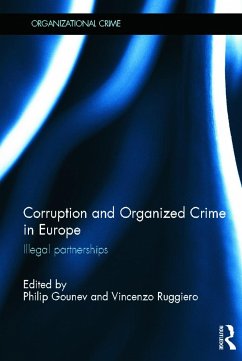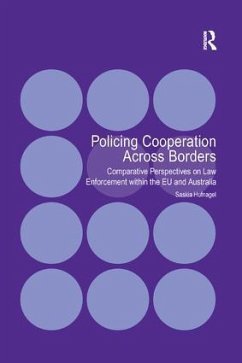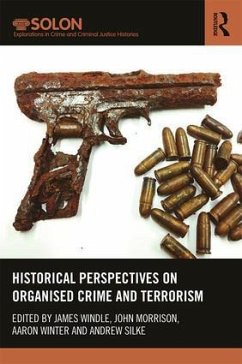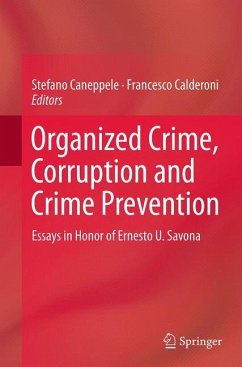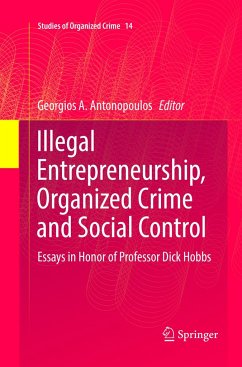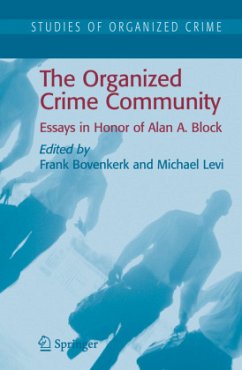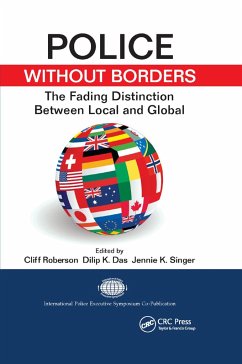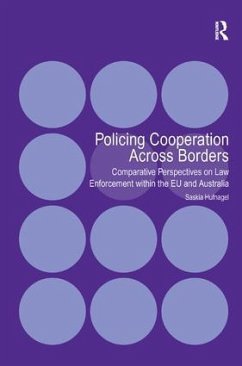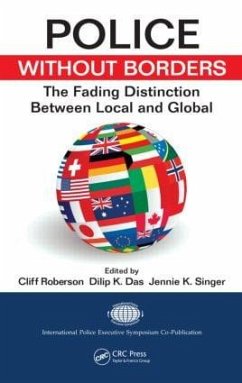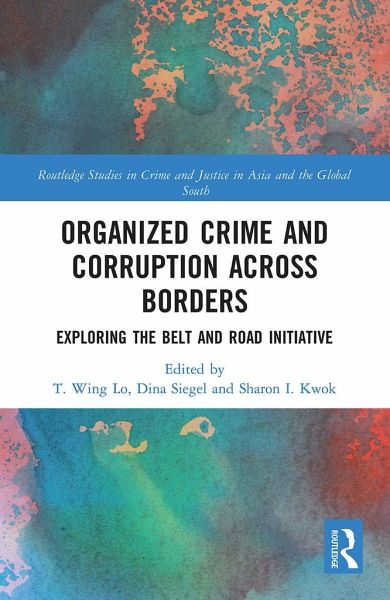
Organized Crime and Corruption Across Borders
Exploring the Belt and Road Initiative
Herausgeber: Lo, T. Wing; Kwok, Sharon; Siegel, Dina
Versandkostenfrei!
Versandfertig in 1-2 Wochen
55,99 €
inkl. MwSt.
Weitere Ausgaben:

PAYBACK Punkte
28 °P sammeln!
Bringing together experts across the Global South and Europe, this book explores China's Belt and Road Initiative, and the crimogenic potential for economic, financial and socio-cultural cooperation across countries, where some are known for weak law enforcement and high levels of corruption.





